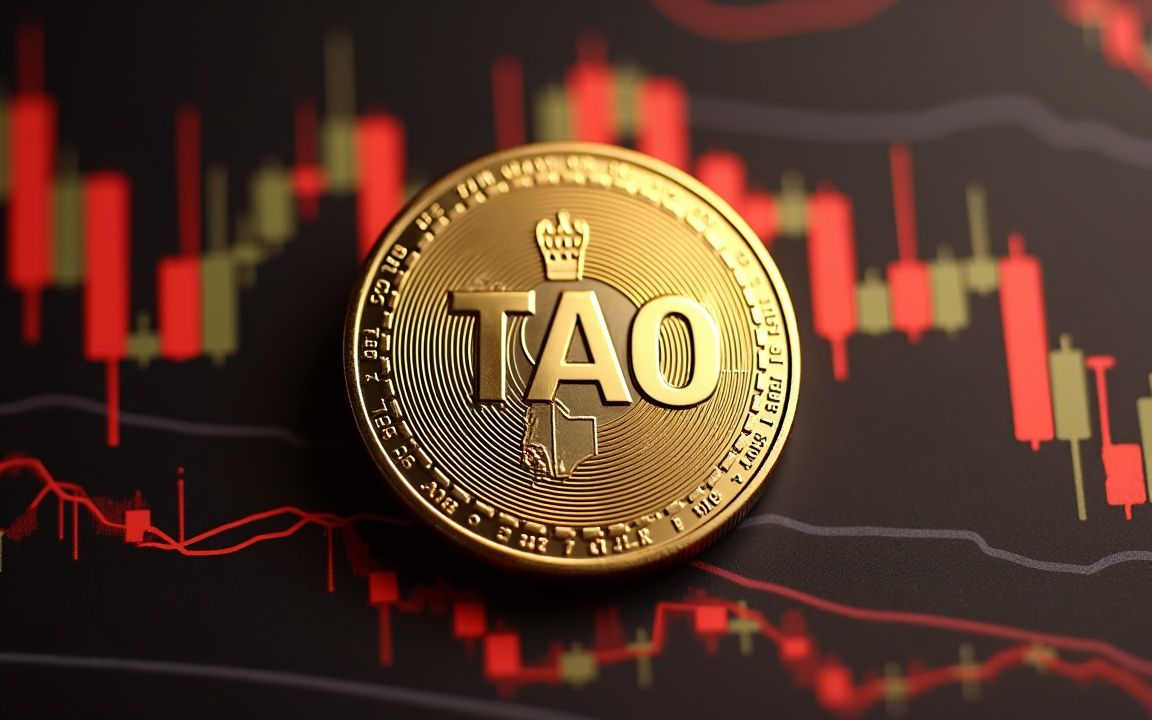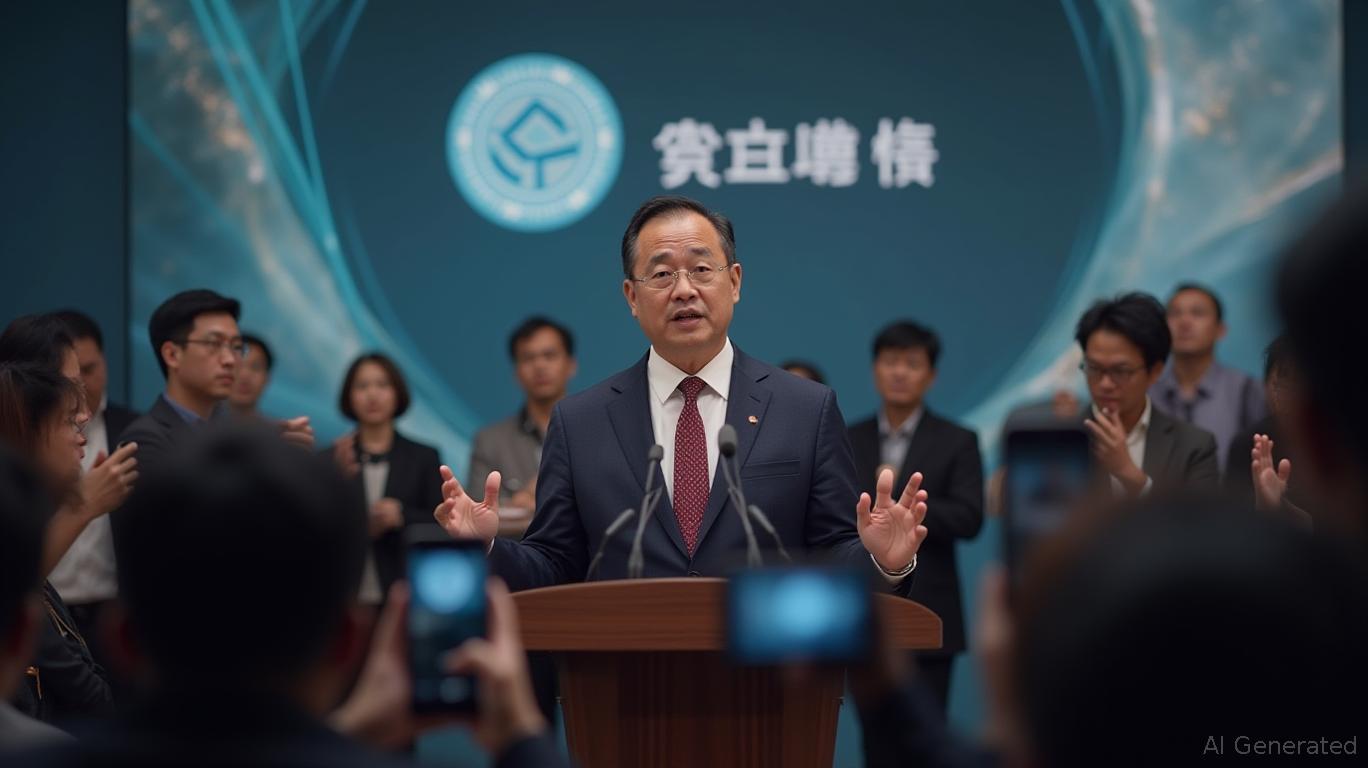Truce Reduces Tariffs, Yet Core U.S.-China Disputes and Fentanyl Regulation Remain Unsettled
- U.S. and China reach trade truce, halving "fentanyl-related" tariffs to 10% amid fragile economic tensions. - China suspends rare earth export controls and commits to soybean purchases, while Trump delays 100% tariffs on goods. - Retailers and tech firms benefit from reduced costs, but reshored manufacturers face competitive risks from cheaper Chinese imports. - Agreement's one-year term and unresolved issues like IP disputes highlight its fragility, with fentanyl controls yet unproven. - Domestic U.S. o
Washington D.C., November 1, 2025 – President Donald Trump's forceful approach toward China has yet to yield sweeping changes, but a recent trade ceasefire with Beijing has brought a tentative pause. After intense negotiations in Busan, South Korea, on October 30, the United States reduced its 20% tariffs on Chinese goods linked to fentanyl to 10%, lowering the average tariff rate from 57% to 47%, according to

Several additional compromises are part of the agreement: China will pause new export restrictions on rare earth elements and magnets—vital to U.S. industry—and has pledged to buy 25 million metric tons of American soybeans each year for three years, Reuters noted. In return, Trump delayed the imposition of 100% tariffs and port charges on Chinese products. While President Xi Jinping has been less outspoken, state media indicated his willingness to work with the U.S. on fentanyl issues, describing the arrangement as a "win-win," according to
Sectors dependent on international trade are set to gain. Retail giants such as
The overall impact of the agreement is uncertain. While it brings temporary stability to U.S.-China trade relations, its one-year term and conditional provisions highlight its vulnerability. China's pledge to regulate fentanyl precursors is yet to be tested, and ongoing disputes over technology and intellectual property remain unresolved, the FinancialContent market minute pointed out. On the geopolitical front, the deal prevents immediate conflict but does little to slow the U.S. drive to separate from China in fields like semiconductors and artificial intelligence, where China is pushing for greater independence, according to
Within the U.S., Trump's tariff strategy is facing resistance. At the end of October, the Senate—with support from four Republican members—voted to end tariffs on imports from Canada, Brazil, and other countries, reflecting bipartisan dissatisfaction with rising costs for both consumers and businesses, as reported by a
Looking forward, the outcome of the truce will depend on China's enforcement of fentanyl regulations and the progress of future trade discussions. While markets are cautiously optimistic, there is skepticism about whether Beijing will fulfill its promises or if shifts in U.S. political leadership will alter the course, the FinancialContent market minute cautioned. The one-year deadline also puts pressure on both countries to address broader challenges, from supply chain security to ideological competition, Reuters added.
For now, the agreement offers businesses some relief and marks a rare moment of cooperation in a divided global economy. Still, as Trump himself admitted, this will only be "a great success" if it leads to lasting change, the FinancialContent market minute observed.
---
Disclaimer: The content of this article solely reflects the author's opinion and does not represent the platform in any capacity. This article is not intended to serve as a reference for making investment decisions.
You may also like
Bittensor (TAO) plunges 16% amid broader crypto sell-off

Solana News Update: Solana ETFs Draw $90 Million Despite 20% Price Drop: The Inflow and Price Contradiction Intensifies
- Solana ETFs attracted $89.9M in inflows last week, outpacing Bitcoin and Ethereum as institutions shift capital to its high-speed blockchain. - Bitwise's BSOL ETF led with $417M inflows, surpassing BlackRock's Bitcoin ETF, while Grayscale added $4.9M to Solana's total. - Despite inflows, Solana's price fell 20% to $159, with bearish technical indicators like negative CMF and oversold RSI signaling sustained selling pressure. - Market divergence highlights institutional long-term confidence in Solana's 65

Hong Kong's Drive for Crypto Adoption Puts Pressure on U.S. Reluctance in Worldwide Competition
- Hong Kong relaxed crypto rules, enabling cross-border liquidity and attracting global platforms like Binance and Coinbase by 2026. - U.S. political debates intensified, with Trump criticizing Biden's delayed crypto policies and warning of China's growing digital-asset influence. - Regulators urged balanced frameworks, emphasizing innovation while safeguarding investors amid global competition for crypto leadership. - Hong Kong's reforms aim to bridge gaps with Singapore, while U.S. states like Wyoming pu

Solana News Update: BlockDAG's $435 Million Presale Faces Scrutiny Amid Founder Accusations That Jeopardize Trust
- Crypto investigator ZachXBT accuses BlockDAG’s CEO of being a front for controversial founder Gurhan Kiziloz, amid a $435M presale. - BlockDAG’s presale, now in its 32nd batch, faces criticism for delays and lack of transparency, with no mainnet or exchange listings confirmed. - A Formula 1 partnership and $0.05 token listing plans aim to boost credibility, but 60% of Trustpilot users rate the project negatively due to delays and unclear communication. - Despite $435M raised, BlockDAG’s liquidity strateg
